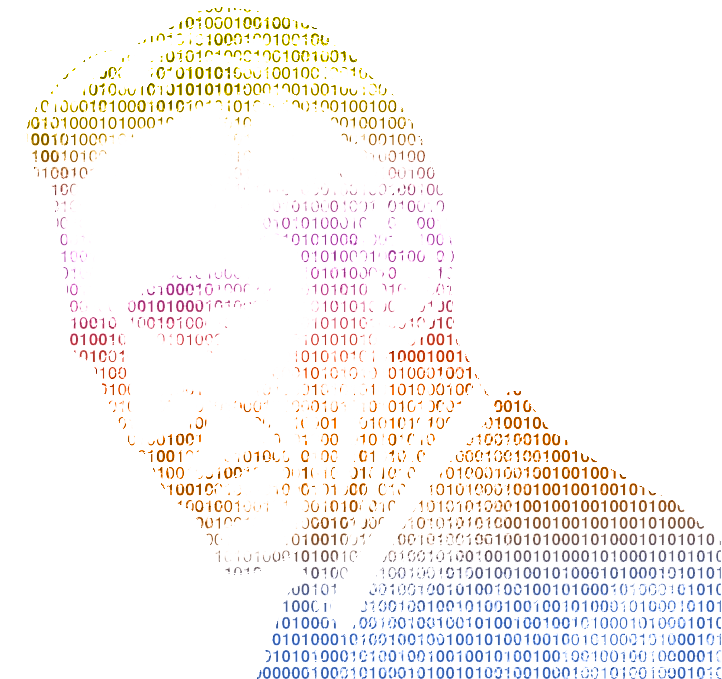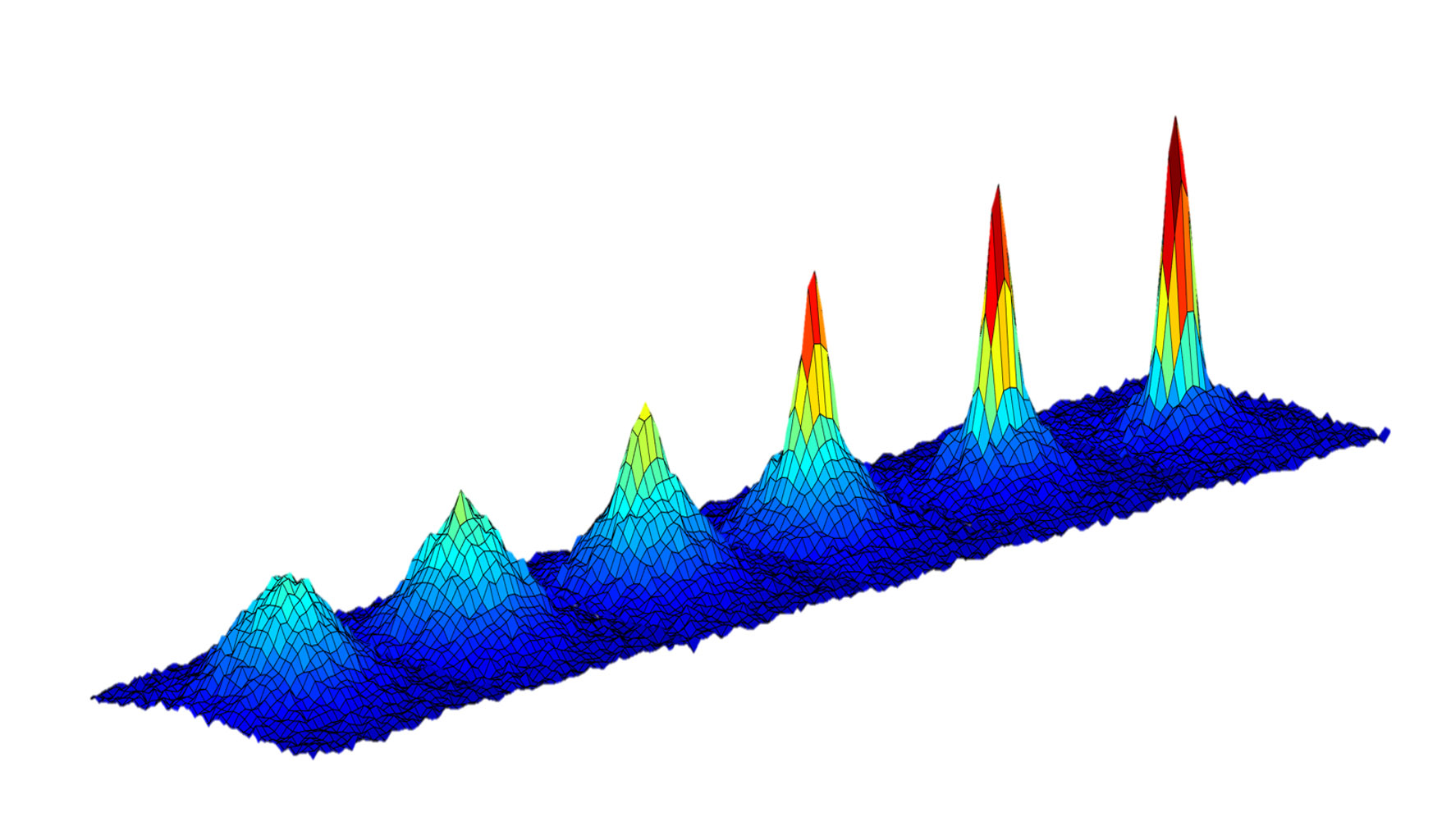Research
Information theory and quantum phenomena

Entropy bridges the gap between information theory and quantum physics. Many quantities from information theory play an important role in the modern understanding of quantum phenomena, for example the entanglement entropy. In my own research, I'm especially focusing on relative entropy, which turns out to be a very useful concept in different scenarios. It introduces are more natural way of thinking about missing information as it always refers to a certain model description, has meaningful continuum limits and UV divergencies in a quantum field theoretic setting when describing entanglement are typically absent. Also, I'm interested in entropic phase space and other classical descriptions of quantum states as these are accessible in experiments. With these and other information theoretic methods, I try to improve our understanding of the quantum phenomena uncertainty and entanglement, in particular for field theories and many-body systems.
Analog gravity models

For very low temperatures a Bose gas can form a Bose-Einstein condensate, i.e. a state where almost all bosons occupy the ground state of the quantum system. Interstingly, such a quantum system allows to observe apparently unrelated quantum phenomena from quantum field theory in curved backgrounds in the laboratory. In fact, phonons in a Bose-Einstein condensate behave just like massless scalar particles in our universe such that quantum phenomena from cosmology can be simulated by modern cold atoms experiments. For me, of special interest are analoga of expanding FLRW universes and black holes. In particular, I work on the question how the quantum nature and the entanglement content of produced particles in such scenarios can be certified experimentally.
